Modern Games caught in upheavals of history! Is Tokyo Olympics the only edition that's postponed?
Total Views |
The Tokyo Olympics 2020 was supposed to kick-start on July 24 but the coronavirus pandemic has made the staging of the event nearly impossible. However, it is not the first time the event is postponed. It was cancelled earlier too, though not due to the pandemic, but in the backdrop of World Wars and other major terror attacks, which we can term as man-made disaster.

Nearly 124 years, from the revival by Pierre De Coubertin until this date to postpone the Games from 2020 to 2021, it had been never been postponed. Here are some significant historic incidents that led modern games to put off :
BERLIN 1916
The first Games which was suspended was the sixth edition nearly after 20 years the Olympics was established. During the 15th International Olympics Committee session in Stockholm on July 4, 1912, the IOC had decided to make Berlin the host of the event rather than Alexandria, in Egypt. But who would have thought that Berlin would be the epicentre of World War I?
Meanwhile, the preparations were going on. A 30,000-seat stadium was built to the west of Berlin, in Grunewald. It was designed to be as a sporting complex. The Olympic historian Volker Kluge had described the place as “a central site which would become the spiritual home of German sport”. Marking the silver jubilee of Kaiser Wilhelm II (German Emperor), the “German Stadium” was opened On 8 June 1913.
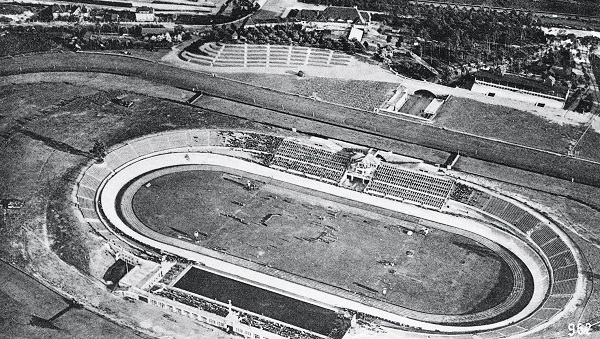
The Games, at that time, was divided into three parts: “Games Week” from 28 May to 4 June; “Stadium Week” from 1 to 10 July; and “Sailing and Rowing Week” from 12 to 21 August. Everything was looking good, all the preparations went well, right up to the preliminary events held on 27 and 28 June 1914. But on Sunday 28 June in Sarajevo, Archduke Franz Ferdinand, the successor to the Austro-Hungarian throne, and his wife were assassinated, leading to the start of the First World War.
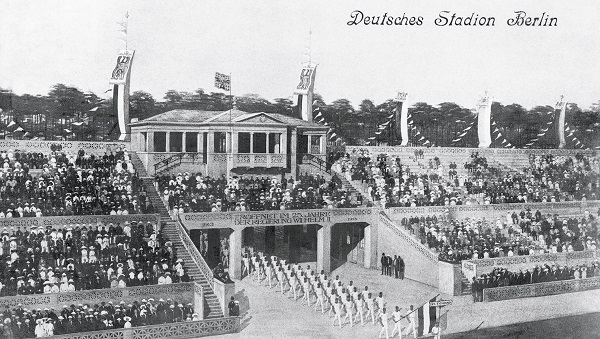
The continuous conflicts forced to suspend the Games in Berlin. During the war, Coubertin moved the IOC headquarters to Lausanne but maintained the order of the Olympiads, with 1916-1920 corresponding to the VI Olympiad. For its part, the Grunewald sports complex was later demolished, and the Olympic Stadium for the 1936 Games, which still exists today after being renovated, was built on the same site.
TOKYO AND SAPPORO, 1940
"History Repeats Itself". This exactly happened with the Japanese capital Tokyo. It was chosen as the host of 2020 Games in 2013 before a disastrous earthquake occurred in 2011. The same thing happened during the 1940 edition. Tokyo was awarded that edition at the 36th IOC Session in Berlin in 1936 before a terrible earthquake (the Great Kantō earthquake) took place in 1923. Japan used it as an opportunity to rebuild the nation through the Games.
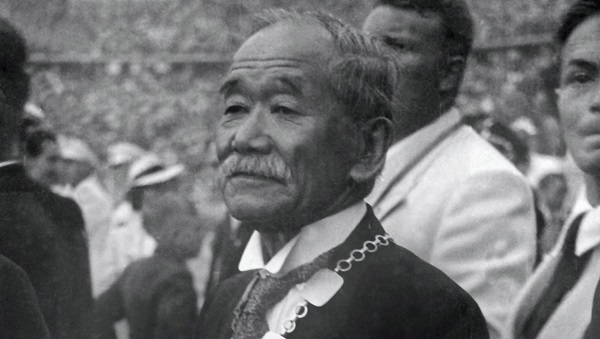
The Games were also supposed to celebrate the 2,600th anniversary of the coronation of Jimmu, who was Japan’s first emperor. However, it was not in favour of Japan as the Second Sino-Japanese War had started in 1937. So, on 16 July 1938, Japanese IOC member Togukawa Soyeshima wrote to IOC President Comte de Baillet-Latour, explaining, “We regret that the prolonged hostilities, with no prospect of immediate peace, will mean the cancellation of the Games in Tokyo.” It was the same way with the Winter Games which was scheduled to be held in Sapporo, on the northernmost island of the archipelago, Hokkaido. They gave up.
However, the IOC did not stop here. It then chose Helsinki as the host of the 1940 Summer Games, with the Winter Games going to St Moritz, but subsequently decided to hold the latter in Garmisch-Partenkirchen. They found it very impossible following the start of the Second World War in 1939.
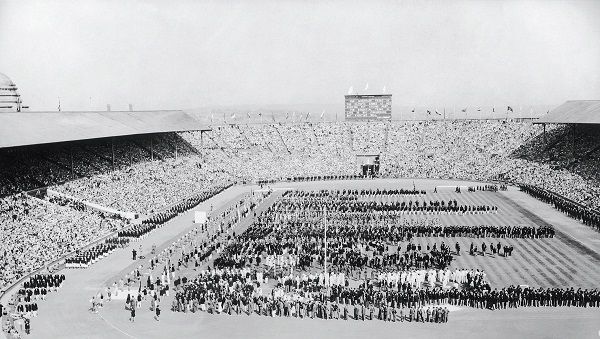
LONDON AND CORTINA D'AMPEZZO, 1944
End of World War II it was. Though the second world war, with the threat of Nazism spreading all over Europe, had begun in June 1939, still the 39th IOC Session was conducted in London making it the host of the Games ahead of Rome (Italy), Detroit (USA) and Lausanne (Switzerland). But, technically, the war did not start until 1 September, when the forces of the Third Reich invaded Poland. Yet, in less than three months later, countries like France, Great Britain joined the war against Germany. The war suddenly turned into a global conflict that left the whole world in ruins. It did not end until 1945 with Japan’s surrender. The 1944 Winter Games, meanwhile, were to have been held in Cortina d'Ampezzo.
Finally, London hosted the Summer Games in 1948 exactly three years after the war which was for a second time 40 years following the first occasion in 1908. The 1948 Games were held in a British capital still scarred by the German bombardments, and would be known as the “Austerity Games”. They were held without Germany or Japan but offered a ray of hope to a world trying to rebuild. The Winter Games then returned to St Moritz in 1948, before being held in Oslo in 1952 and Cortina d'Ampezzo in 1956.
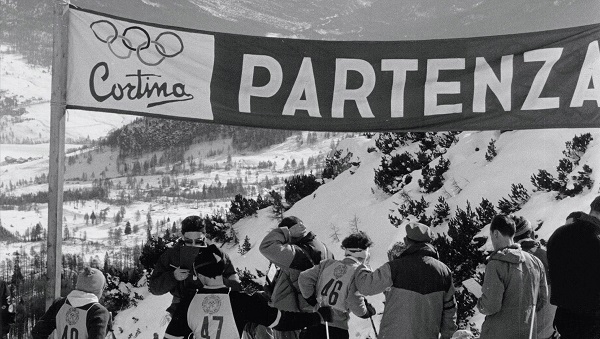
MUNICH 1972
Here, it was a brutal terror attack. On this occasion, the Games were not postponed but suspended. During the Summer Games in Munich in 1972, on the morning of 5 September, a Palestinian terrorist group burst into the Israeli housing in the Olympic Village and took hostages. This cruelty claimed lives of 11 Israeli athletes, coaches, judges and referees and one West-German policeman.
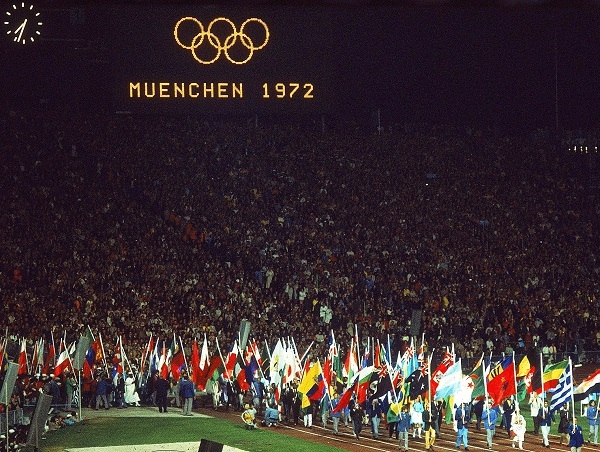
This had driven the Games being halted for 34 hours. On the following day, a ceremony was held in the Olympic Stadium in memory of the innocent victims, in front of about 80,000 spectators, and the Funeral March from Beethoven’s third symphony was played. The IOC President, Avery Brundage, then announced, “The Games must go on.” The Olympics standing for peace, sharing and unity the international sports movement refused to cave into terrorism with the Olympic spirit. However, the IOC learnt that the security would always be a priority at the Games, especially in terms of protecting the Olympic Village.
Nonetheless, every nation and the Olympics Committee had overcome all these giant obstacles in the past which can now be seen as an example to not let our hope die and bring back the spirit to fight against the ongoing pandemic, as a ray of light will emerge and the Games will be held.

